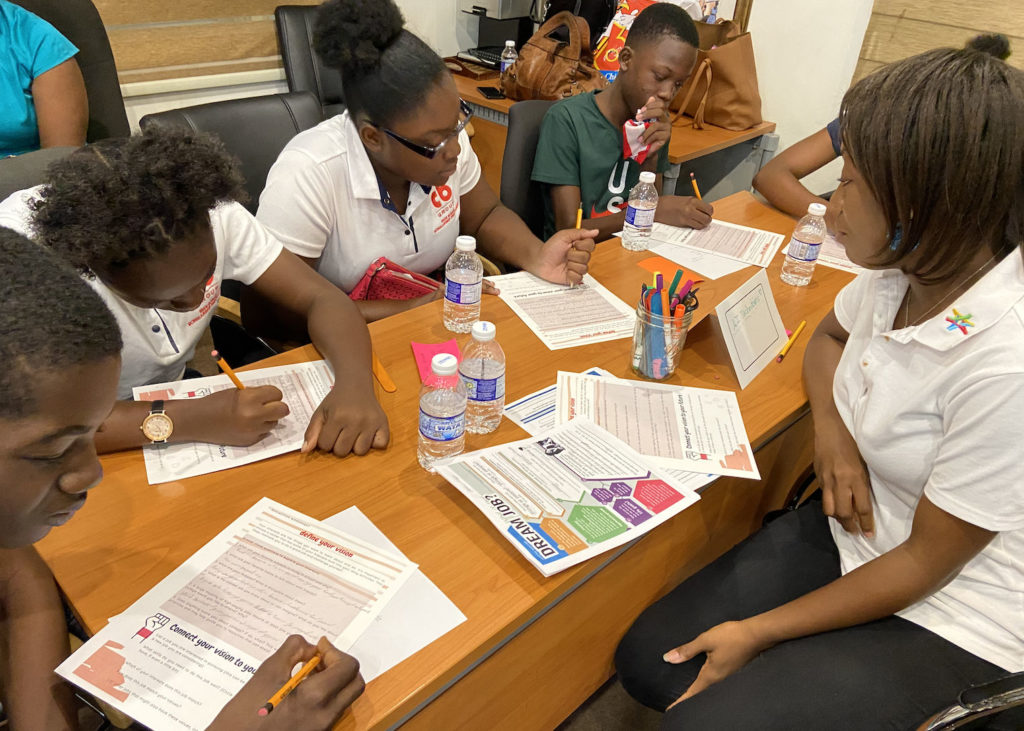
In the realm of education, the journey of a student with ADHD or executive function challenges is not a solitary one. It’s a collaborative effort that involves the synergy between teachers, parents, and coaches. This triadic relationship forms the backbone of a multimodal approach, which is instrumental in helping students navigate academic and social success.
Understanding ADHD through an executive function lens is key to unlocking effective support strategies. Executive functions encompass a range of cognitive processes, including attention regulation, planning, organization, time management, and impulse control. Individuals with ADHD often struggle with these functions, leading to difficulties in various aspects of their lives, including academic performance and social interactions.
The Role of Teachers in Supporting ADHD Teens and ADHD Children
Teachers play a pivotal role in this process as they are at the forefront of the educational journey. They are the ones who interact with students on a daily basis, observe their behaviors, and assess their academic progress. By viewing ADHD and executive function challenges through a lens of understanding and empathy, teachers can tailor their teaching strategies to accommodate the diverse needs of their students.
Empowering teachers with knowledge and resources is crucial for optimizing student success. Professional development programs and workshops can provide teachers with insights into ADHD and executive function challenges, equipping them with effective instructional strategies and classroom accommodations. By fostering a supportive and inclusive learning environment, teachers can create a space where all students, including those with ADHD, feel valued and empowered to succeed.
The Role of Parents in Supporting ADHD Teens and ADHD Children
However, the collaboration does not end within the classroom walls. Parents play an equally essential role in supporting their child’s journey. They are the primary advocates for their children, advocating for their needs and ensuring they receive the necessary support both at school and at home. By maintaining open communication with teachers and actively participating in their child’s education, parents can reinforce the strategies implemented in the classroom and provide additional support where needed.
An ADHD Coach — A Vital Addition for an ADHD Child’s Development
Enter the role of the coach—a trusted guide who offers specialized support tailored to the individual needs of the student. ADHD coaches, with their expertise in executive function coaching, provide invaluable assistance in helping students develop essential skills such as organization, time management, and goal setting. Through personalized coaching sessions, students learn to leverage their strengths, navigate challenges, and unlock their full potential.
The collaborative efforts of teachers, parents, and coaches create a holistic support system that addresses the multifaceted needs of students with ADHD and executive function challenges. By working together, they can identify strengths, overcome obstacles, and foster resilience in students, ultimately paving the way for academic and personal growth.
Final Words
In conclusion, the value and importance of teacher, parent, and coach relationships in supporting ADHD and executive function development cannot be overstated. Through a collaborative and multimodal approach, students can receive the comprehensive support they need to thrive academically and socially. By harnessing the collective expertise and dedication of all stakeholders involved, we can create an educational environment where every student has the opportunity to succeed.

